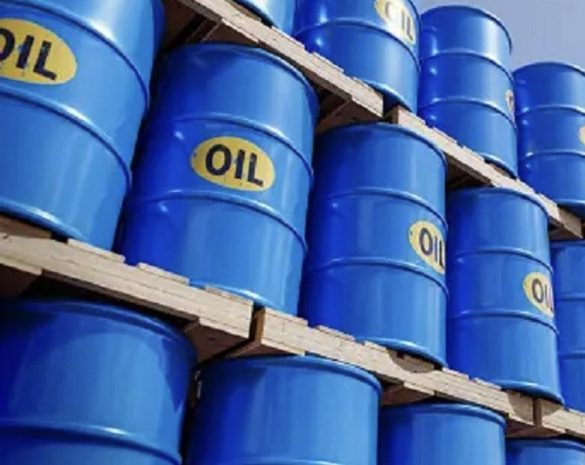KEY POINTS
- Seplat, Oando, and Aradel lifted combined H1 2025 crude output to 126,314 bpd, up sharply from 2024 despite softer oil prices.
- Gains came from restored wells, asset acquisitions, and improved pipeline uptime amid tighter security.
- National production hit 1.8 million bpd in July, the highest since 2022, but future momentum hinges on price trends and security stability.
The largest domestic oil producers in Nigeria have made a remarkable production resurgence, posting some of their highest output figures in years despite declining world prices.
In the first half of 2025, Seplat Energy Plc, Oando Plc, and Aradel Holdings Plc collectively pumped 126,314 barrels of crude oil per day, a significant increase over the same period the previous year. Thanks to new asset acquisitions, well restorations, and a rare period of uninterrupted infrastructure uptime, the total grew to 194,288 barrels of oil per day.
The increase is a part of a larger recovery in Nigeria’s upstream sector, where increased security and improved pipeline dependability are assisting the government in getting closer to its objective of increasing daily output from the current level of about 1.78 million barrels to 3 million barrels.
By July, official figures showed national production touching 1.8 million bpd for the first time since 2022.
Seplat Leads With Triple-Digit Growth
With crude accounting for 100,327 bopd, Seplat recorded the steepest increase, averaging 134,492 boepd, a 178% increase over the same period in 2024. The performance was driven by increased offshore uptime and restored capacity from 29 idle wells.
Although revenue more than tripled to $1.4 billion, increased taxes and expenses caused net profit to drop 45% to $27.4 million. On Friday, shares closed at ₦5,450, up 3.9% year-to-date.
By consolidating the assets of Nigerian Agip Oil Company and making better use of the Trans Niger Pipeline, Oando was able to leverage operational momentum and increase crude output by 77% to 10,479 bopd and total production by 63% to 37,012 boepd. With the help of a sizable tax credit, the business reported a net profit of ₦63.3 billion after taxes.
With gas production surpassing 41 mmscfd and crude output increasing by almost 20% to 15,508 bpd, Aradel produced a more consistent increase. Sales of refined products increased 33% annually. As the company used the Alternative Crude Evacuation system to minimize losses, profit increased 40% to ₦146.4 billion.



